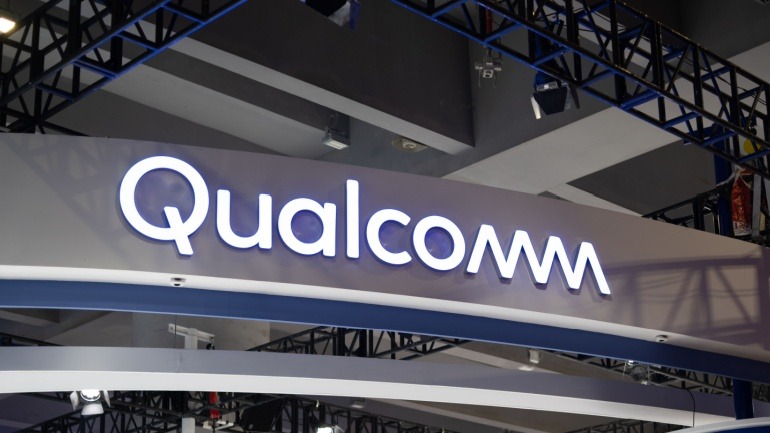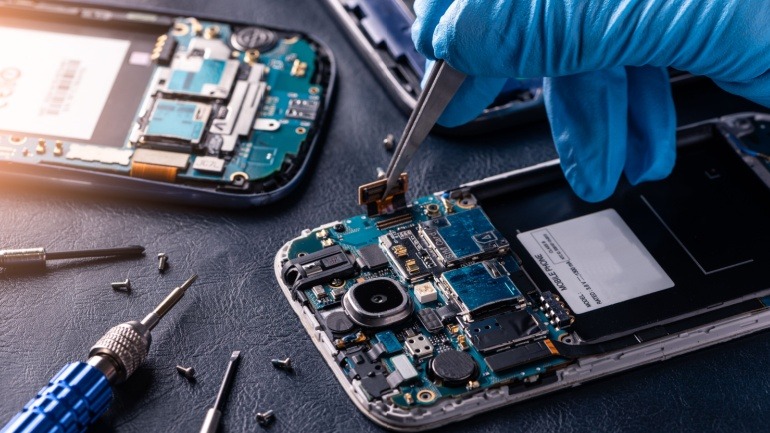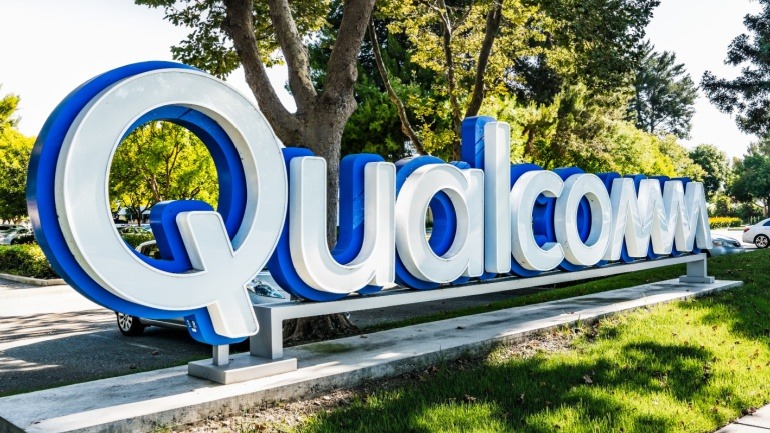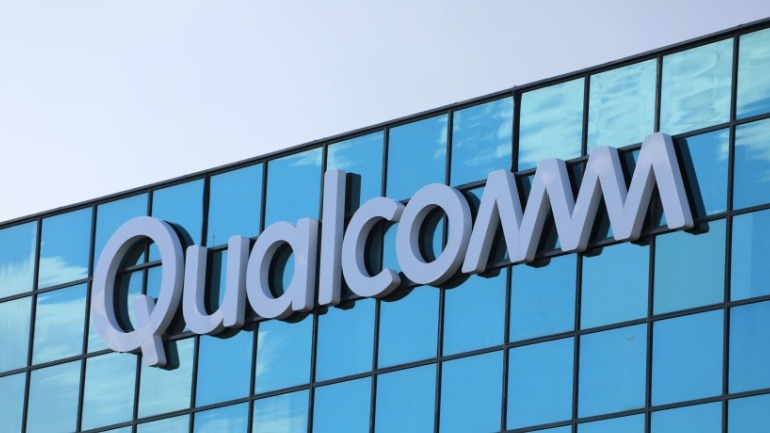Singtel and Qualcomm are revolutionizing VoIP and connectivity with their AI-powered Wi-Fi gateway. By leveraging Qualcomm’s Smart Traffic Classifier, they’ve achieved a groundbreaking 50% reduction in latency, crucial fof applications like video calls.
Qualcomm introduces Dragonwing, a new brand focused on enterprise and industrial IoT, networking, and infrastructure. Distinct from Snapdragon, Dragonwing leverages AI, Oryon CPUs, Adreno GPUs, and FastConnect for seamless connectivity.
Verizon’s integration of Qualcomm’s Dragonwing RAN Intelligent Controller with Samsung’s AI-powered Energy Saving Manager marks a leap in the telecom space. Utilizing AI and Open RAN technology, Verizon seeks to enhance energy efficiency and RAN management.
Apple’s iPhone C1 modem chip marks a major shift in reducing reliance on Qualcomm, targeting an 80% cut by 2026. The 4nm modem, debuting in the iPhone 16e, enhances network performance but lacks mmWave 5G.
Airtel is revolutionizing India’s telecom sector by collaborating with Nokia and Qualcomm to amplify 5G Fixed Wireless Access (FWA) and Wi-Fi solutions. Emphasizing the advantages of 5G technology, this partnership is set to address India’s digital demands.
Qualcomm’s record Q1 2025 financial performance showcases substantial growth in its QCT business, with notable rises in handsets, automotive, and IoT sectors. This success also highlights Qualcomm’s strategic focus on edge AI technology, enhancing AI inference efficiency across Snapdragon-powered devices.
Qualcomm is diversifying beyond mobile handsets, targeting $22 billion annual revenue from automotive and IoT by FY29.
Viettel has launched Vietnam’s first commercial O-RAN 5G network, powered by Qualcomm’s advanced 5G platforms. The rollout, featuring over 300 sites by 2025, includes cutting-edge infrastructure like the Qualcomm X100 and QRU100 platforms.
Vodafone, Qualcomm, and Ericsson have successfully completed 5G millimeter wave (mmWave) trials in the UK, showcasing remarkable results. The tests highlight mmWave’s potential in providing ultra-fast broadband speeds, achieving up to 4Gbps. Especially advantageous for VoIP communication, this technology can transform data-heavy environments, ensuring seamless connectivity and improved user experiences.













